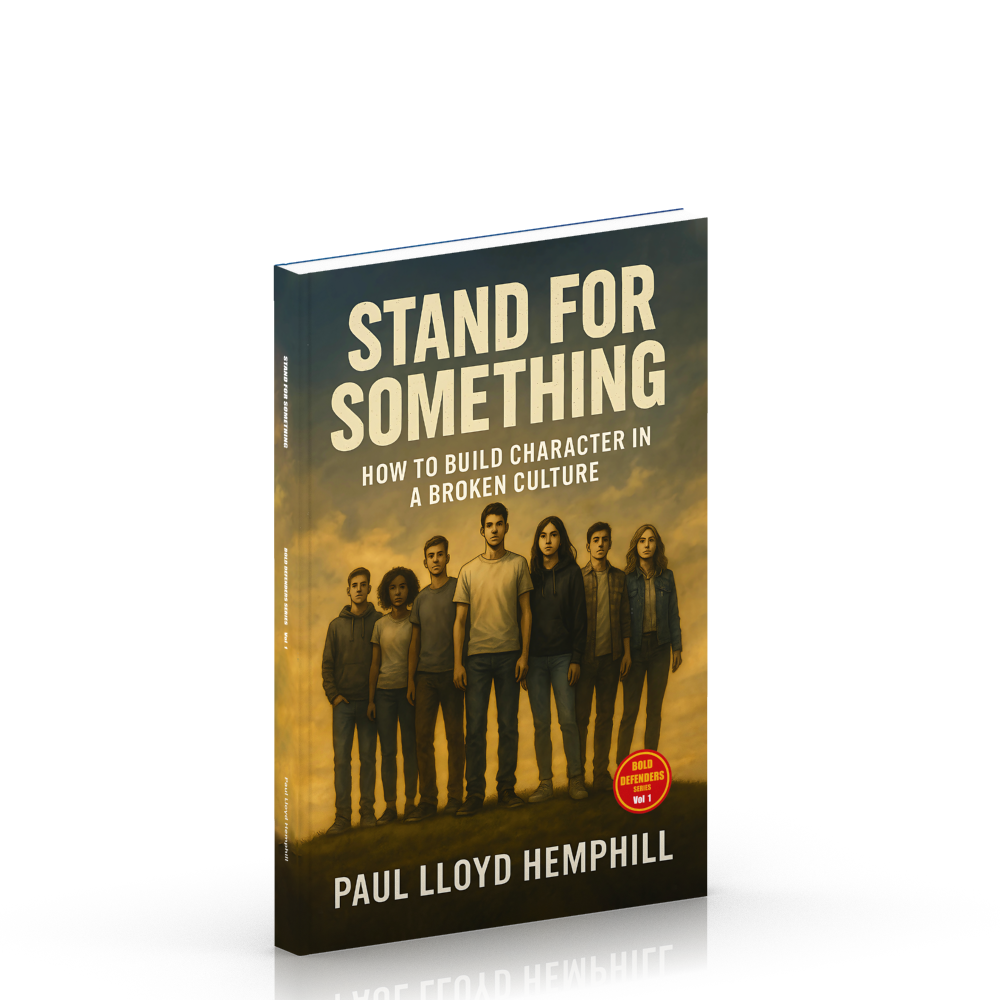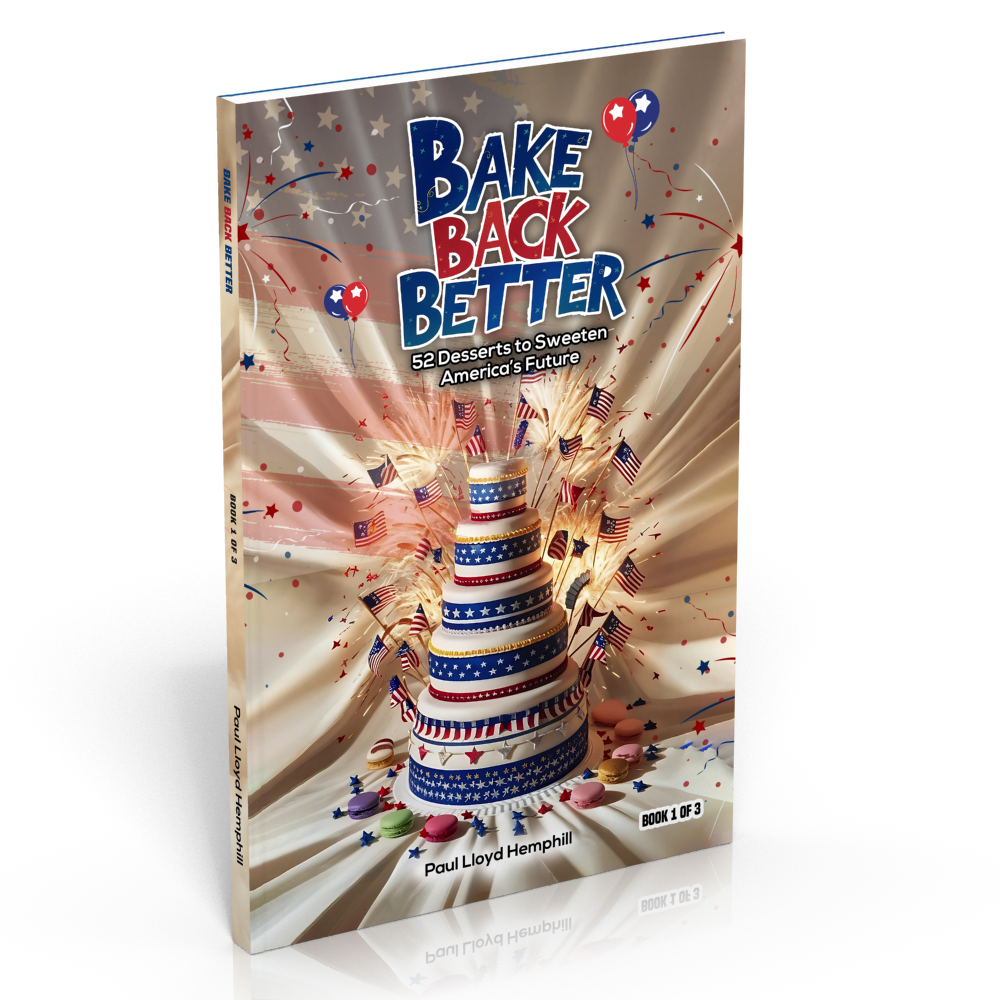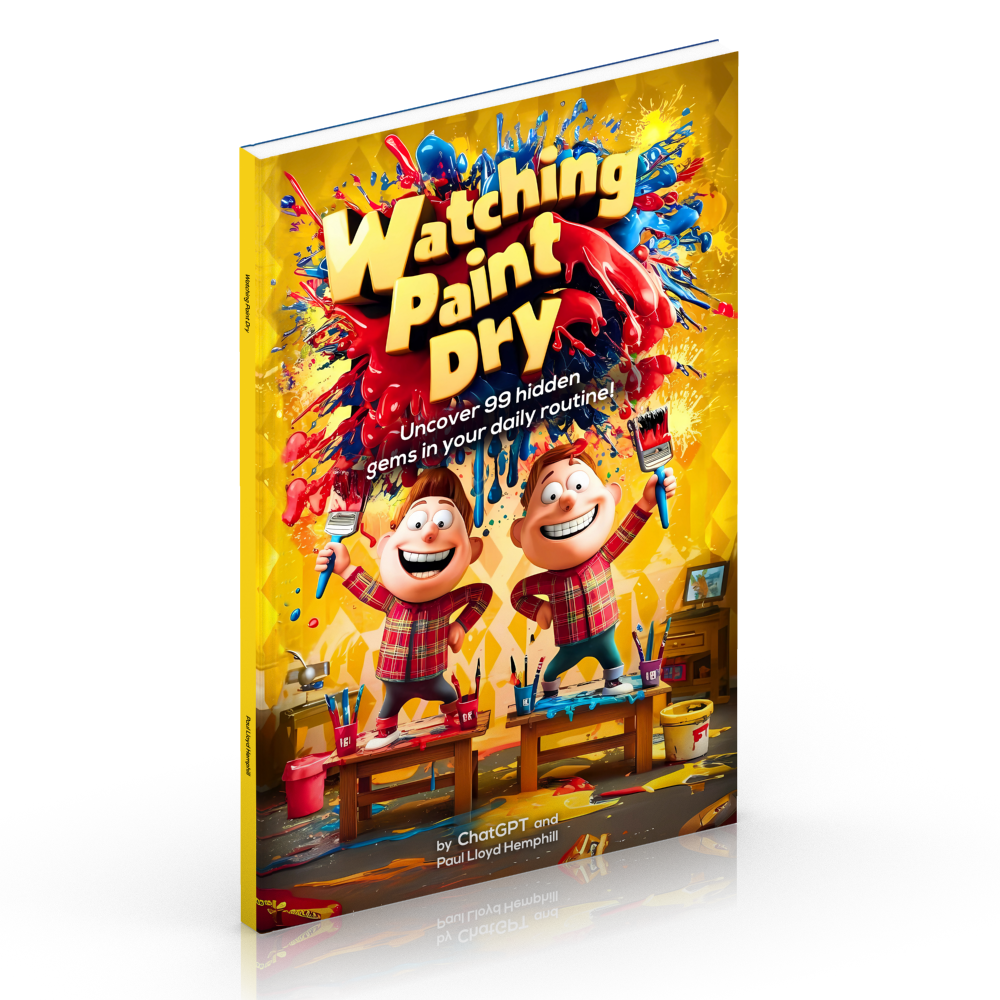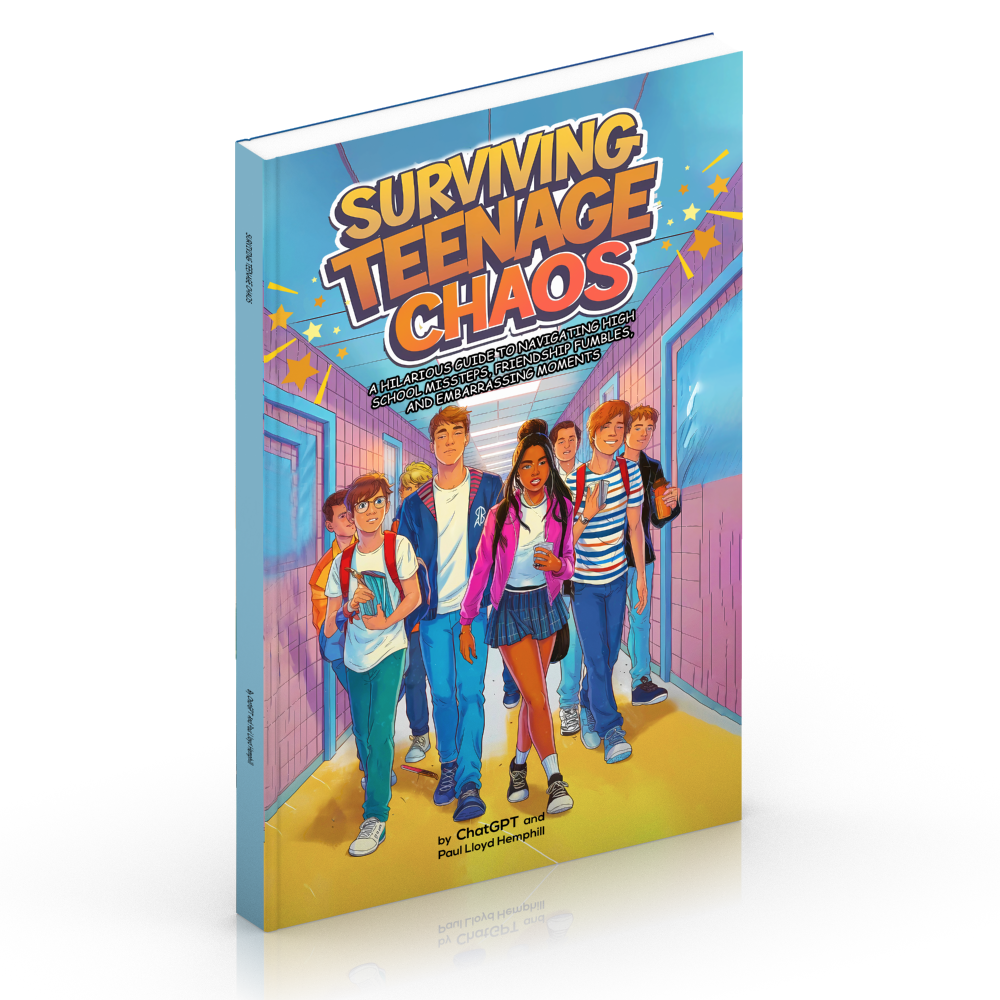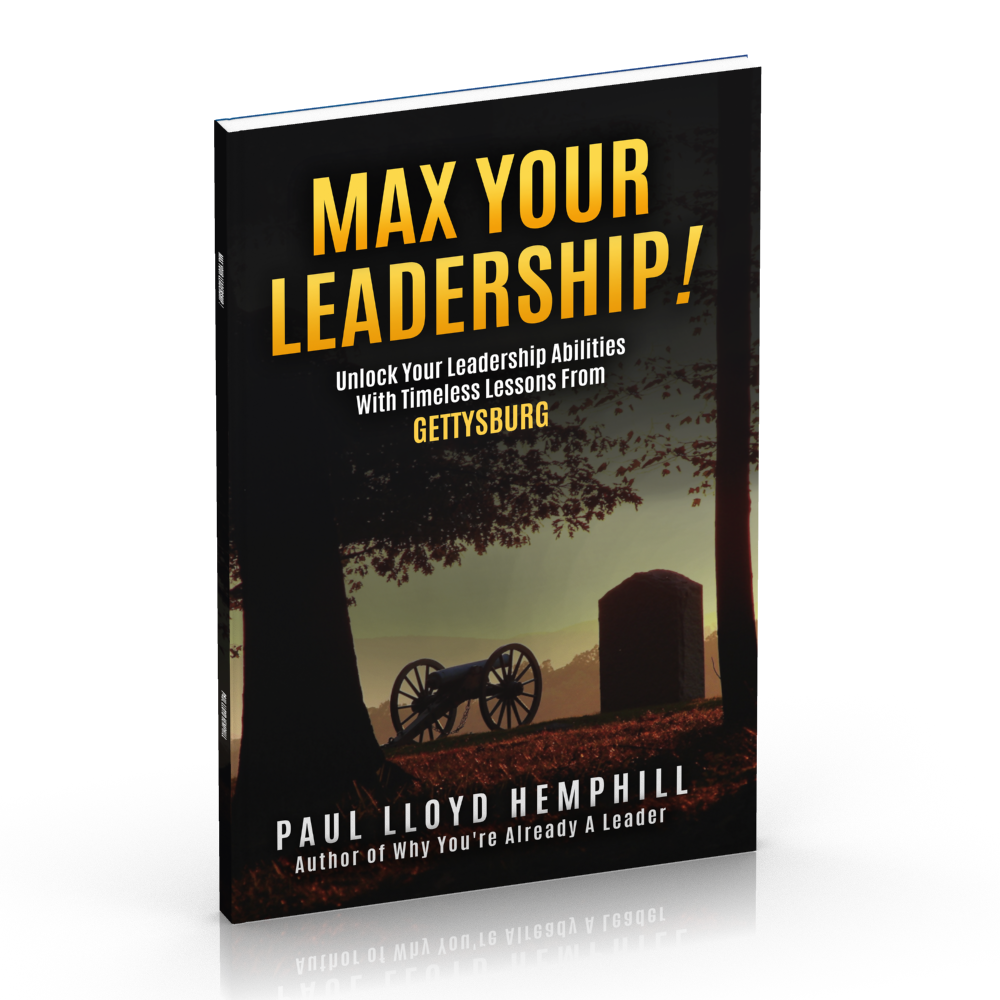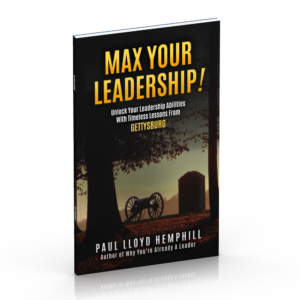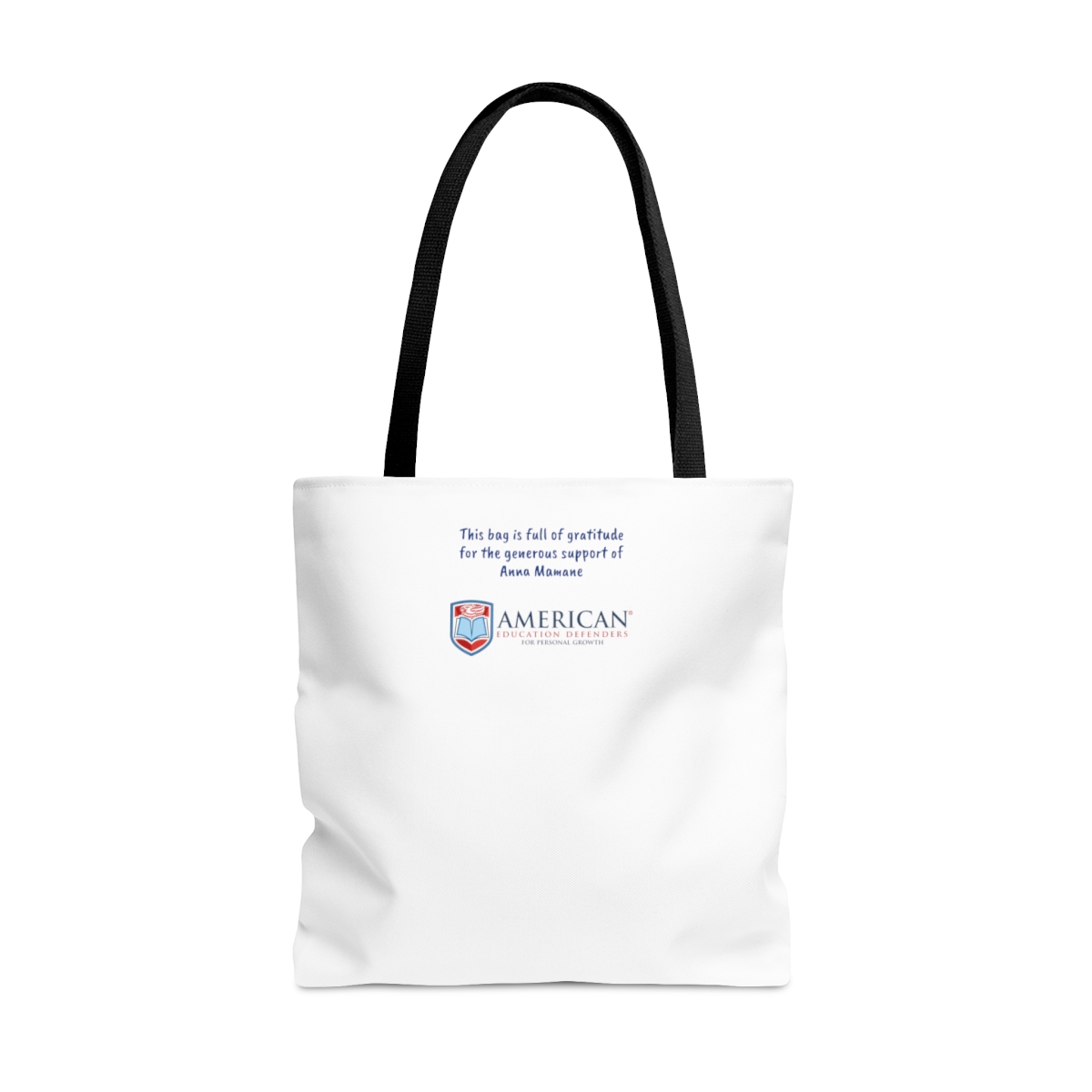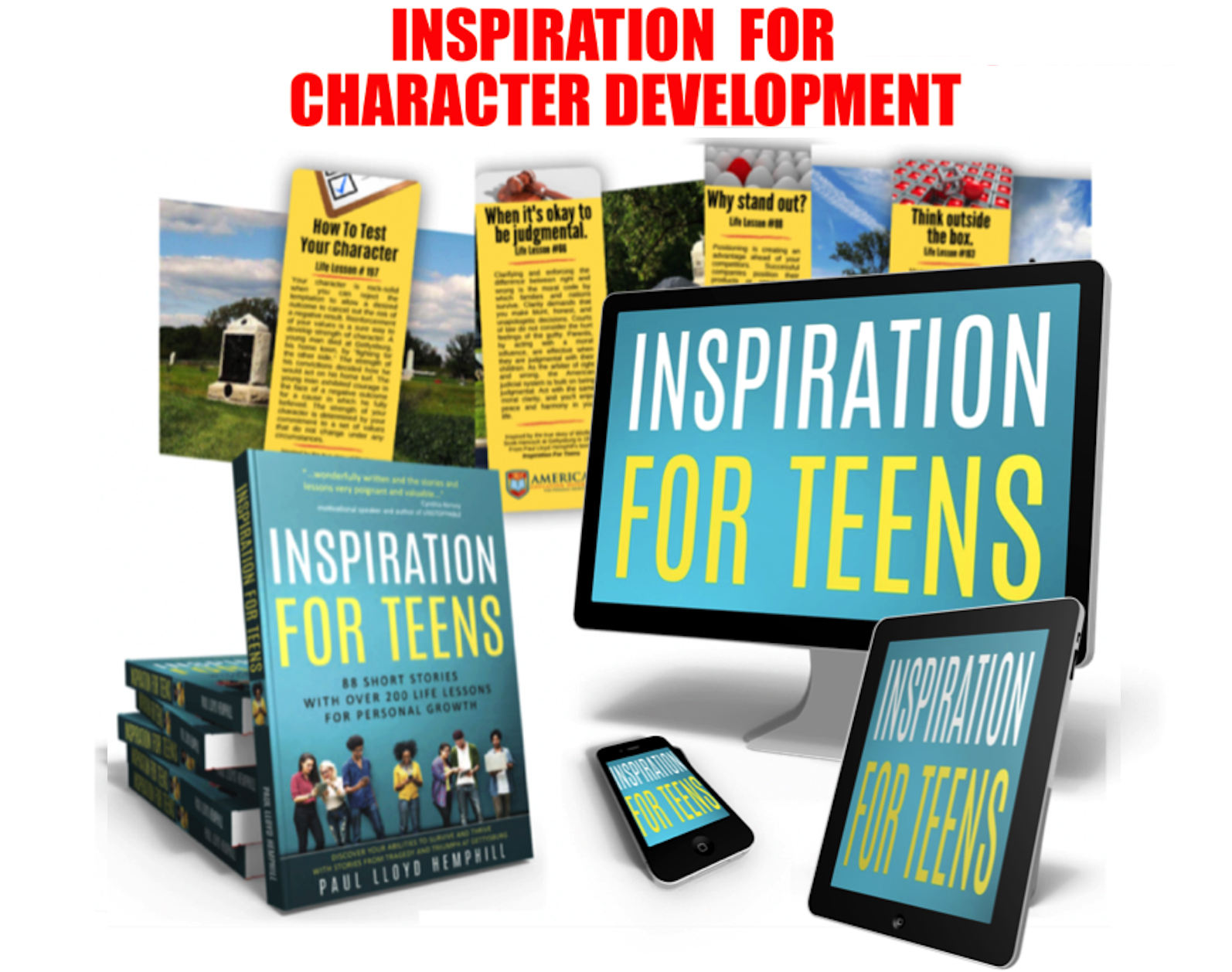Store
Bake Back Better
$9.99Watching Paint Dry
$9.99Surviving Teen Chaos
$9.99Funnies of the Presidents
$9.99Max Your Leadership!
$14.9515 oz Gratitude Mug, with your name, for a contribution of...
$25.00Customized Tote Bag
$25.00| Large | |
|---|---|
| Height, in | 17.99 |
| Length, in | 17.99 |
| Width, in | 3.46 |
| Handle height, in | 11.81 |
| Handle width, in | 1.00 |
T-Shirt With Your Name
$25.00Graphics For Growth
$29.00- Keep a sense of humor (Archer)
- Balance enthusiasm with responsibility (Barksdale)
- Focus on results, not excuses (Barlow)
- Failure is a valuable teacher (Brady)
- Stress provides an opportunity for success (Broadhead)
- Emphasize quality (Buford)
- Be competent in what you do (Burns)
- Sacrifice rewards you (Colvill)
- People want to help you succeed (Howard)
- Play by the rules (Howell)
- Speak up and get respect (Hubschmann)
- Be an example (Humphreys)
- Be accessible (Iverson)
- You can succeed in spite of prejudices (Krzyanowski)
- Teach and lead at any age (McFarland)
- Children are leaders too (Pierce)
- Major odds can inspire reasonable risks (Reynolds)
- Always examine your options (Rodes)
- Know your limitations (Rowley)
- Human labels are destructive (Schurz)
- Recheck your claims (Smith)
- Have patience (Spencer)
- Generosity dignifies you (Thorn)
- Seize opportunity first (Warren)
- Exercise discipline (Ames)
- Use the ASK Formula for success (Hill)
Self-Confidence Audiobook
$19.95For Public + Private Schools
$2,200.00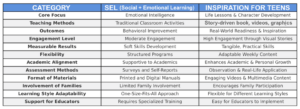
Empower Students with the Social-Emotional Skills They Need—Starting Today
This proven video package of 52 videos (including 4 bonus videos) is designed to instill strong character, independence, and responsibility in today’s students—qualities that will shape them into the next generation of leaders. Along with the videos, schools will receive 56 vibrant, printable graphics to reinforce key lessons in the classroom.
Why Now?
In a time when schools are searching for effective ways to develop students' resilience, self-awareness, and decision-making skills, this
program delivers results. Each video draws from real events in the most-written event in American history to teach timeless life lessons—
lessons students can apply immediately to their own lives.
But this isn’t just passive learning. Each video includes thought-provoking questions that challenge students to connect these values to their own experiences. Through this, they discover and activate qualities they didn’t realize they had—qualities that help them navigate life with confidence.
A New Approach to SEL That Works
Rather than focusing on compliance and conformity, this program fosters:
✅ Self-Reliance (instead of dependence)
✅ Personal Responsibility (instead of victimhood)
✅ A Results-Driven Mindset (instead of excuses)
By adopting this program now, schools can equip students with the mindset and skills needed to thrive—no matter the challenges ahead. This is not about politics or religion; it’s about empowering kids to take ownership of their future and become model citizens, despite external pressures or government overreach.
No delays. No bureaucracy. Schools receive the entire package immediately via email—ready to implement.
Make the Choice That Prepares Students for Life.
Adopt this program now and set students on a path toward independence, resilience, and success.
Unlock the True Potential of SEL—Real Results That Last
This program goes beyond traditional Social-Emotional Learning (SEL). It inspires students to think, discover, and grow in ways that create lasting impact—not just in the classroom, but in their lives.
5 Powerful Outcomes:
✅ Stronger Parent-Child Bonds: The thought-provoking questions in each video spark meaningful conversations at home, strengthening relationships and creating unexpected moments of connection.
✅ Critical Thinking Comes to Life: Students develop analytical skills as they engage with real-world scenarios, learning how to navigate challenges and make informed decisions.
✅ Self-Discovery That Motivates: Students see proof of what they’re truly capable of—what they can achieve on their own and the success they can create today. Self-discovery becomes exciting, empowering, and fun.
✅ History Becomes Personal—and Powerful: Students realize that American history isn’t just about the past—it’s about them. They see it as relevant, inspiring, and, in their own words, "awesome."
✅ A New Standard for Confidence and Independence: Students witness their own ability to be courageous, generous, decisive, and self-reliant—all core American values. And because they experience these values firsthand, they naturally embrace and protect them.
What Happens Next?
They grow. They gain confidence. They see their own worth.
For the first time, they recognize that their lives have value and meaning—right there, in your classroom. Imagine what that does for their self-confidence.
And it all starts with you. Make this possible today.
Here are 26 sample lesson titles from these 56 videos and graphics:
- Keep a sense of humor (Archer)
- Balance enthusiasm with responsibility (Barksdale)
- Focus on results, not excuses (Barlow)
- Failure is a valuable teacher (Brady)
- Stress provides an opportunity for success (Broadhead)
- Emphasize quality (Buford)
- Be competent in what you do (Burns)
- Sacrifice rewards you (Colvill)
- People want to help you succeed (Howard)
- Play by the rules (Howell)
- Speak up and get respect (Hubschmann)
- Be an example (Humphreys)
- Be accessible (Iverson)
- You can succeed in spite of prejudices (Krzyanowski)
- Teach and lead at any age (McFarland)
- Children are leaders too (Pierce)
- Major odds can inspire reasonable risks (Reynolds)
- Always examine your options (Rodes)
- Know your limitations (Rowley)
- Human labels are destructive (Schurz)
- Recheck your claims (Smith)
- Have patience (Spencer)
- Generosity dignifies you (Thorn)
- Seize opportunity first (Warren)
- Exercise discipline (Ames)
- Use the ASK Formula for success (Hill)
- Improved Engagement: Videos are a more engaging media than traditional learning materials. By presenting the content in a dynamic and visually appealing way, it can capture their attention and make learning more enjoyable. Using true stories of unknown Americans and life lessons, students can be emotionally invested in the content, leading to a greater interest in learning about American history. Is that a duh?!
- Enhanced Retention: Another advantage of using videos to teach American history is that it can help to improve retention of the material. By presenting true stories of unknown Americans, students can see how the concepts they are learning about are applied in real life, making it more memorable and easier to recall in the future.
- Development of Critical Thinking: By including questions that directly connect the students to the lessons, videos can encourage the development of critical thinking skills. This can help students to analyze and interpret the information presented, making connections between the historical events and their own lives, and ultimately gaining a deeper understanding of the significance of American history. Additionally, the life lessons presented in the videos can help students to develop a sense of empathy and understanding for others, as well as inspire them to make positive changes in their own lives.
- Improved Visual Learning: One of the biggest advantages of using videos to teach American history is that it provides a more visual learning experience. Videos can show historical events, people, and places in ways that textbooks and lectures cannot, making it easier for students to understand and remember the information.
- Greater Accessibility: Another advantage of using videos to teach American history is that it can make the content more accessible to a wider range of students. Many students, especially those who are visual or auditory learners, may struggle with traditional teaching methods. By incorporating videos, educators can create a more inclusive learning environment that accommodates different learning styles.
- Flexibility: Videos are also a flexible medium, allowing students to watch them on their own time and at their own pace. This can be particularly useful for students who need to review the material or who are absent from class.
- Improved Retention: Finally, videos can help improve retention of information. By presenting information in a visual and memorable way, students are more likely to remember key details and concepts. Additionally, the questions that directly connect the student to the lessons can help students to retain information and develop critical thinking skills. Check this.
For Families/Homeschools
Subscribe and receive one full-length video each Thursday evening for 52 weeks. Plus one graphic each week. Unsubscribe at any time. Book is sold separately.
Join our exclusive subscription and unlock a world of weekly inspiration. Parents and children will get to learn about each other as they answer thought-provoking questions at the end of each video. Something almost magical happens...an emotional bond between parent and child is enhanced with each new video. America's 52 Stories motivate your child to be a better person, with the long-term effect of becoming part of a new generation of better citizens.How? We use true stories from one event in America's past. From those stories, we learn valuable life lessons that students can use right away.
For example, a child can learn how to save an adult's life without really trying, or discover how admitting to a mistake will increase self-respect and self-confidence, or how to gain an advantage by standing out instead of fitting in.


